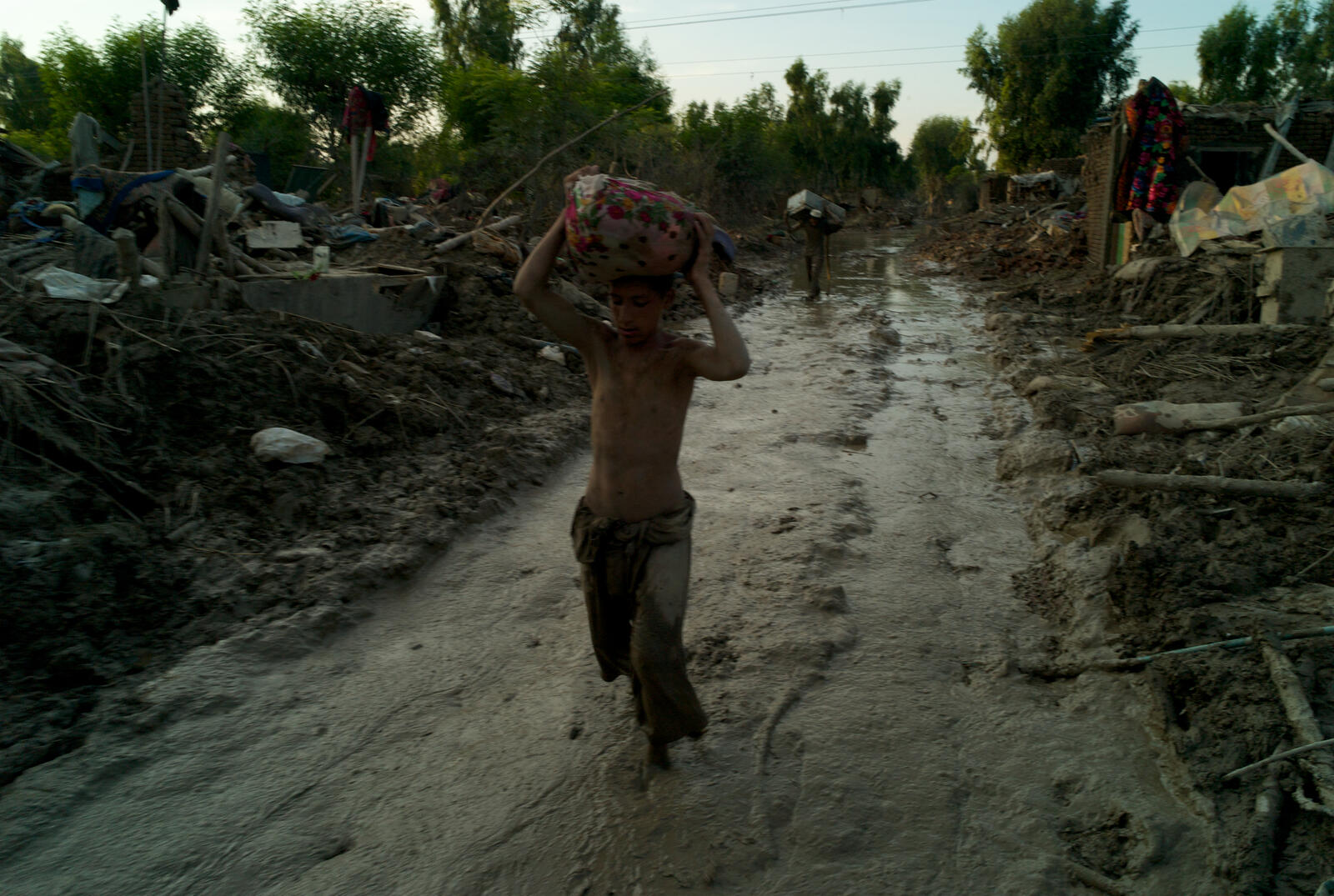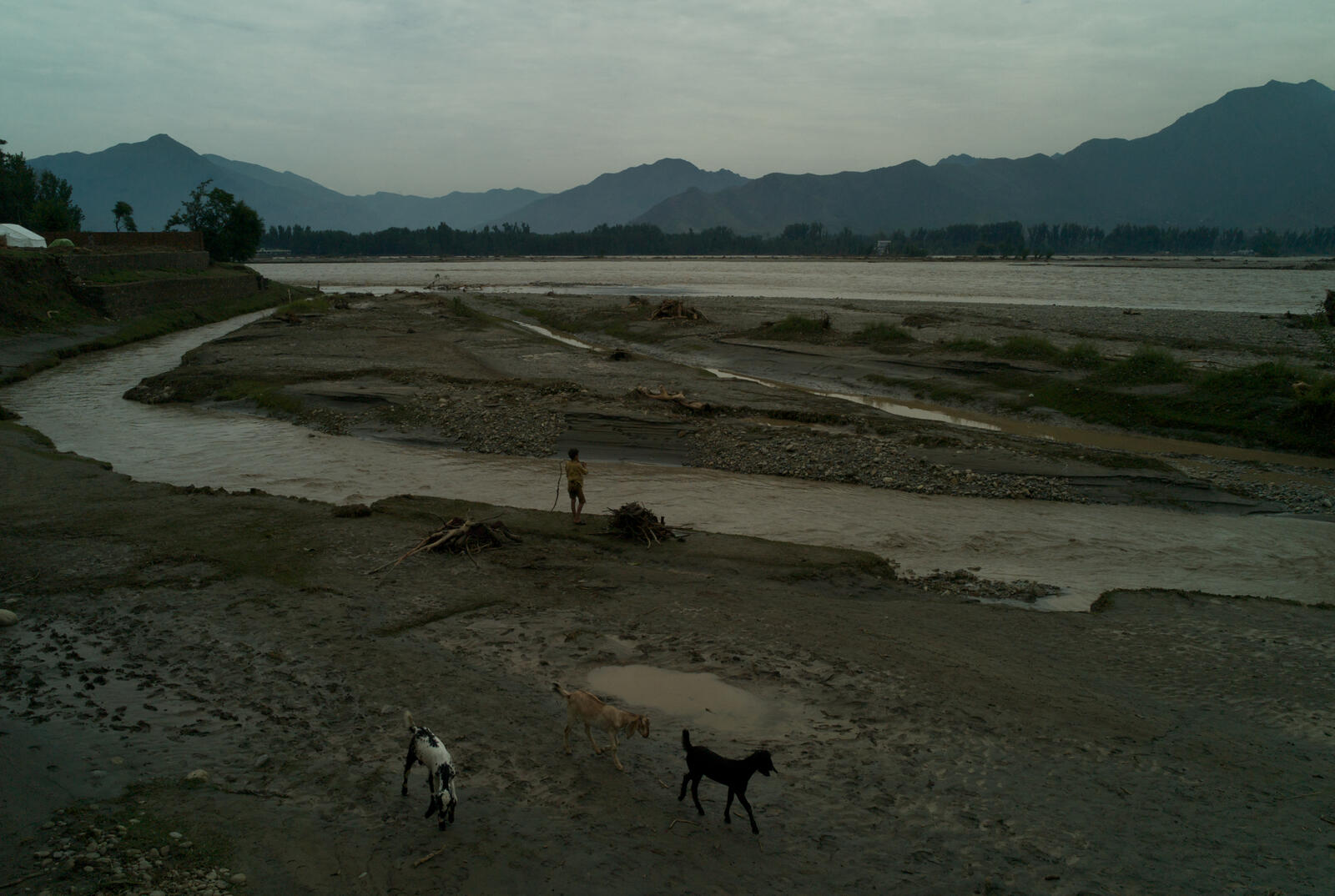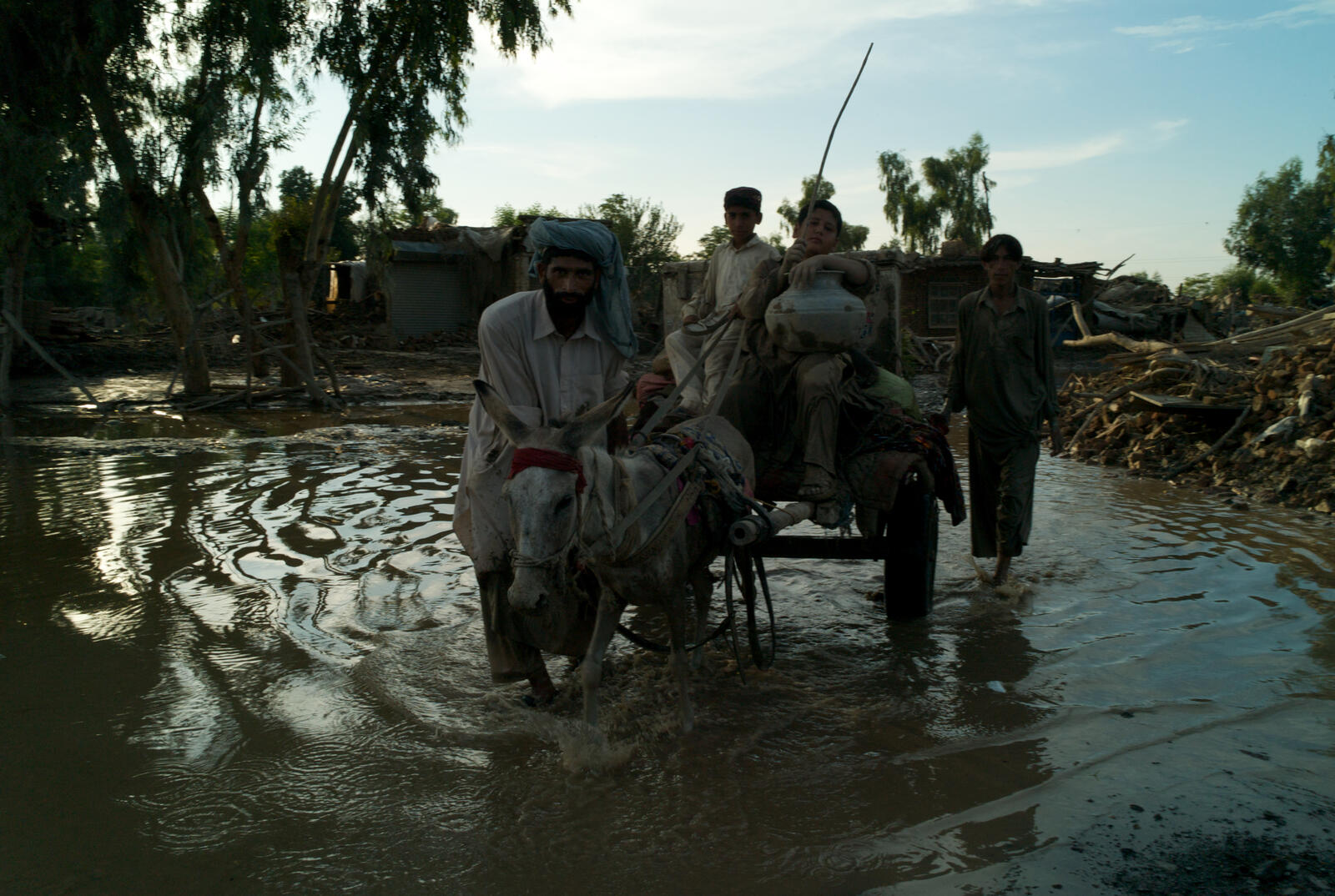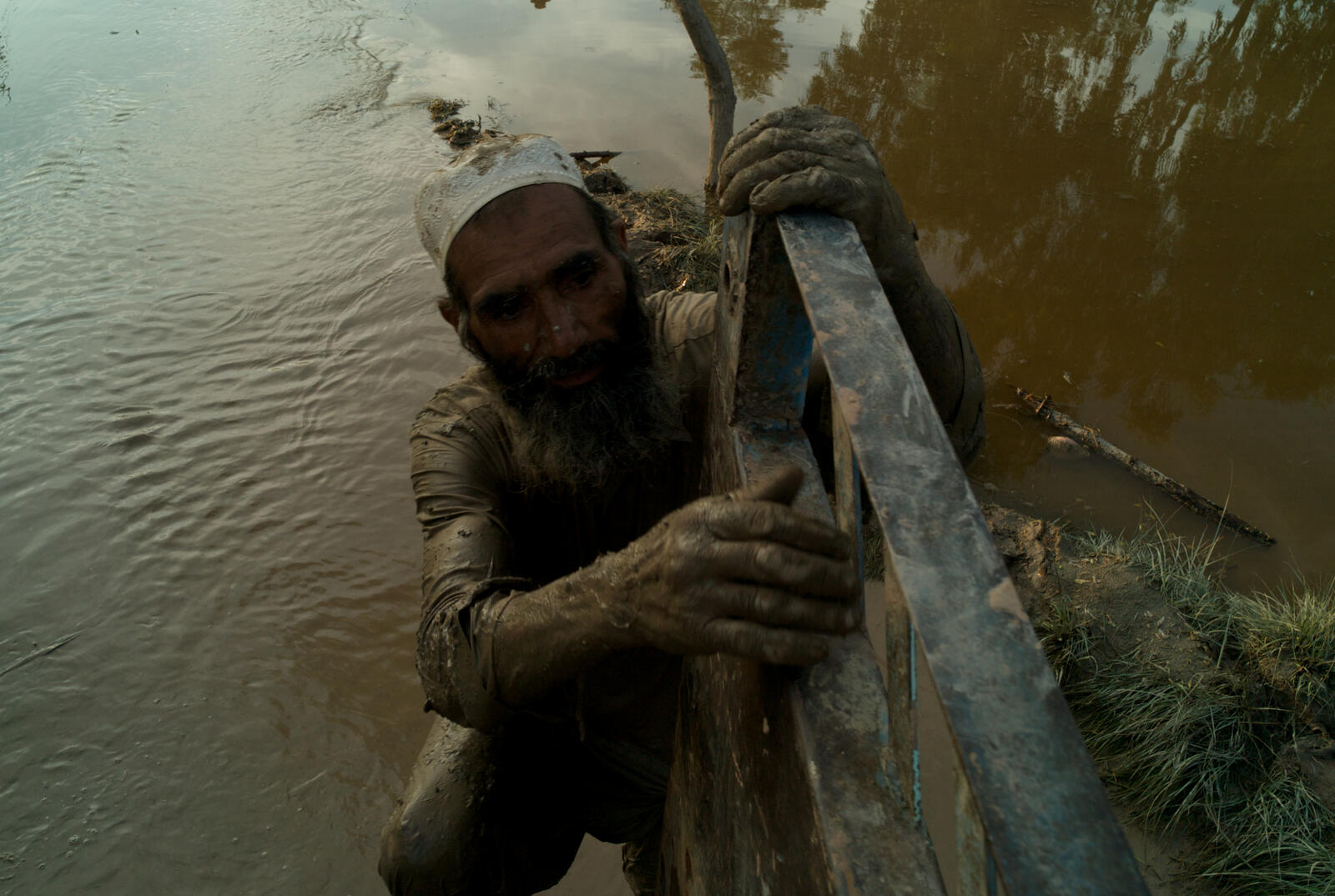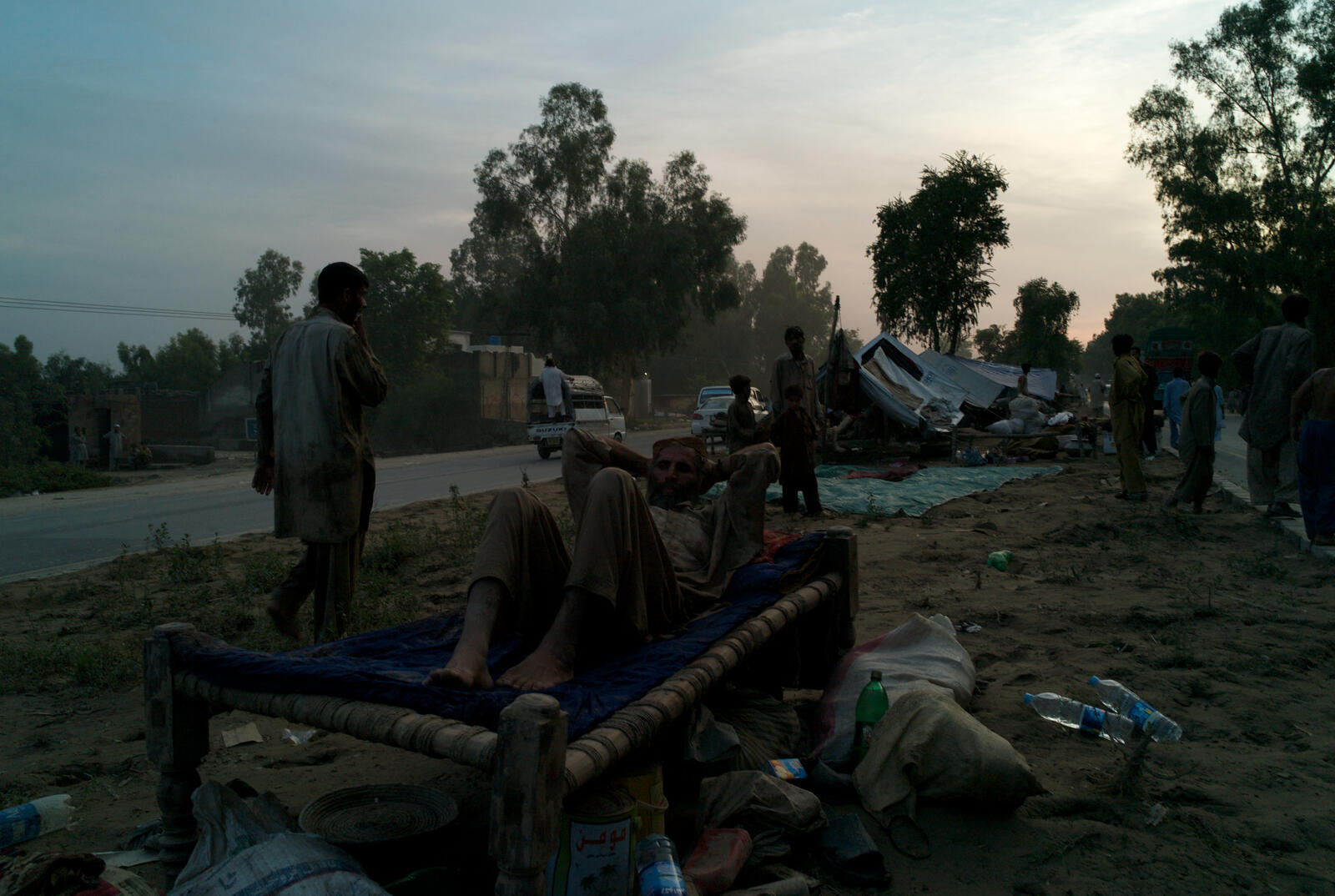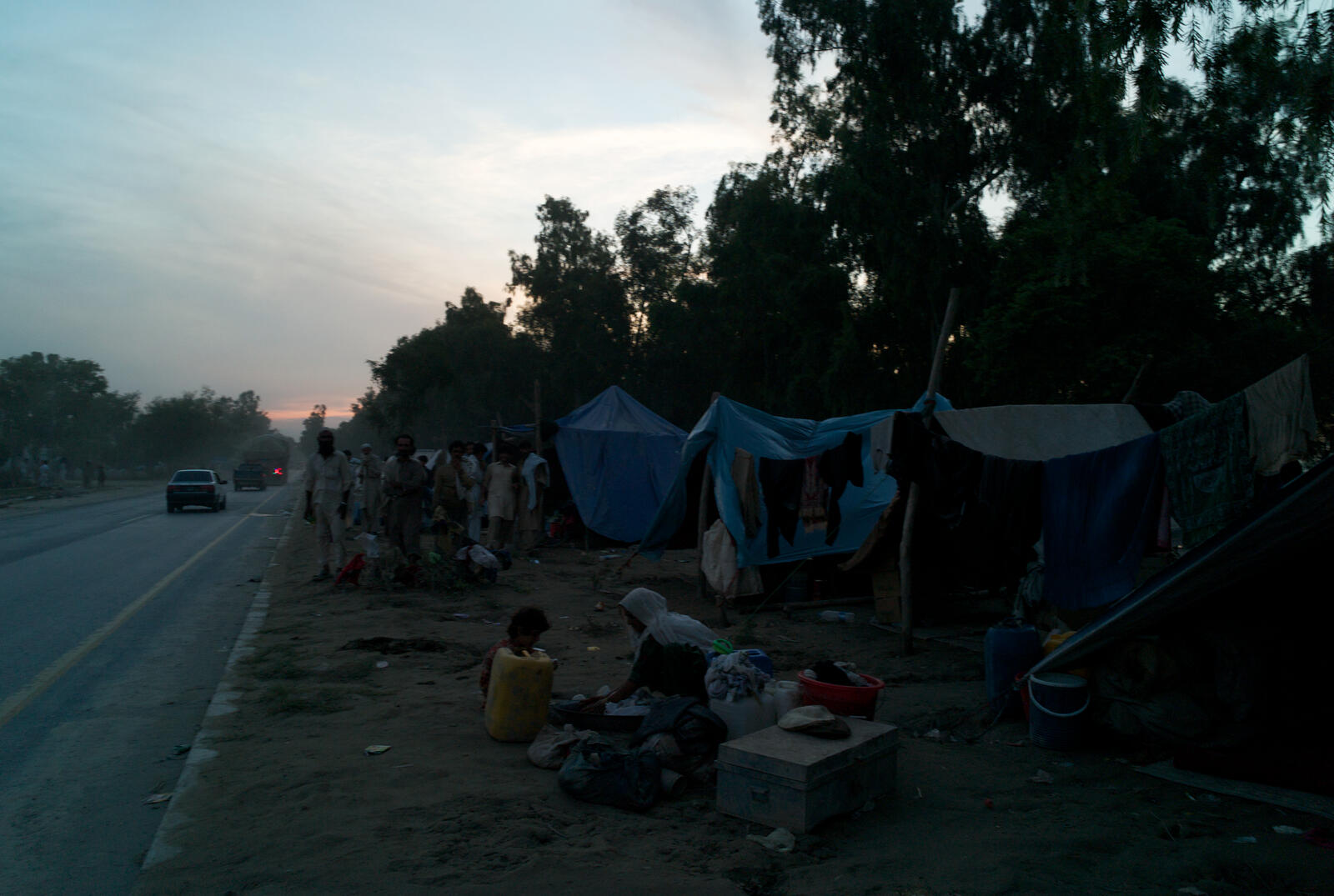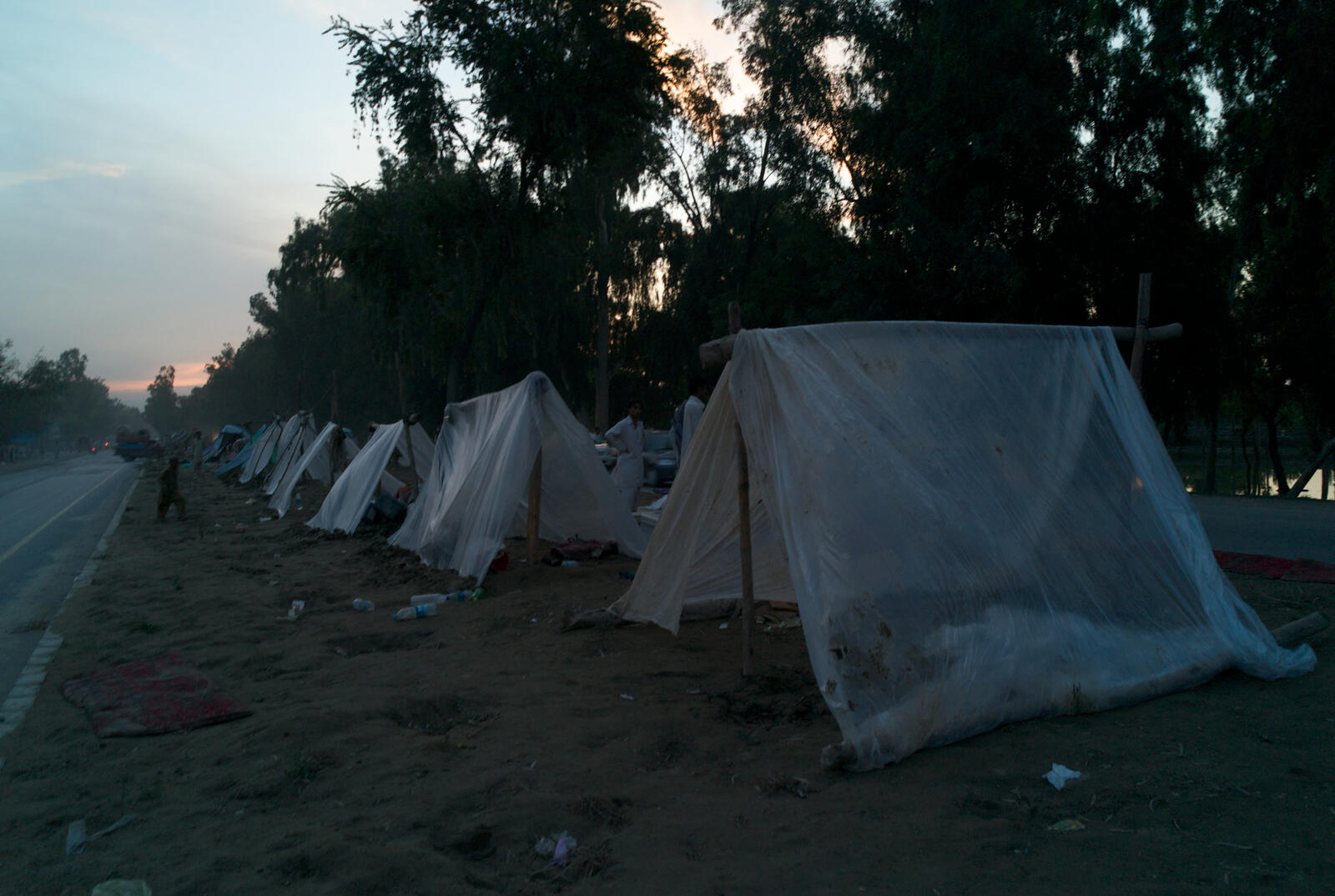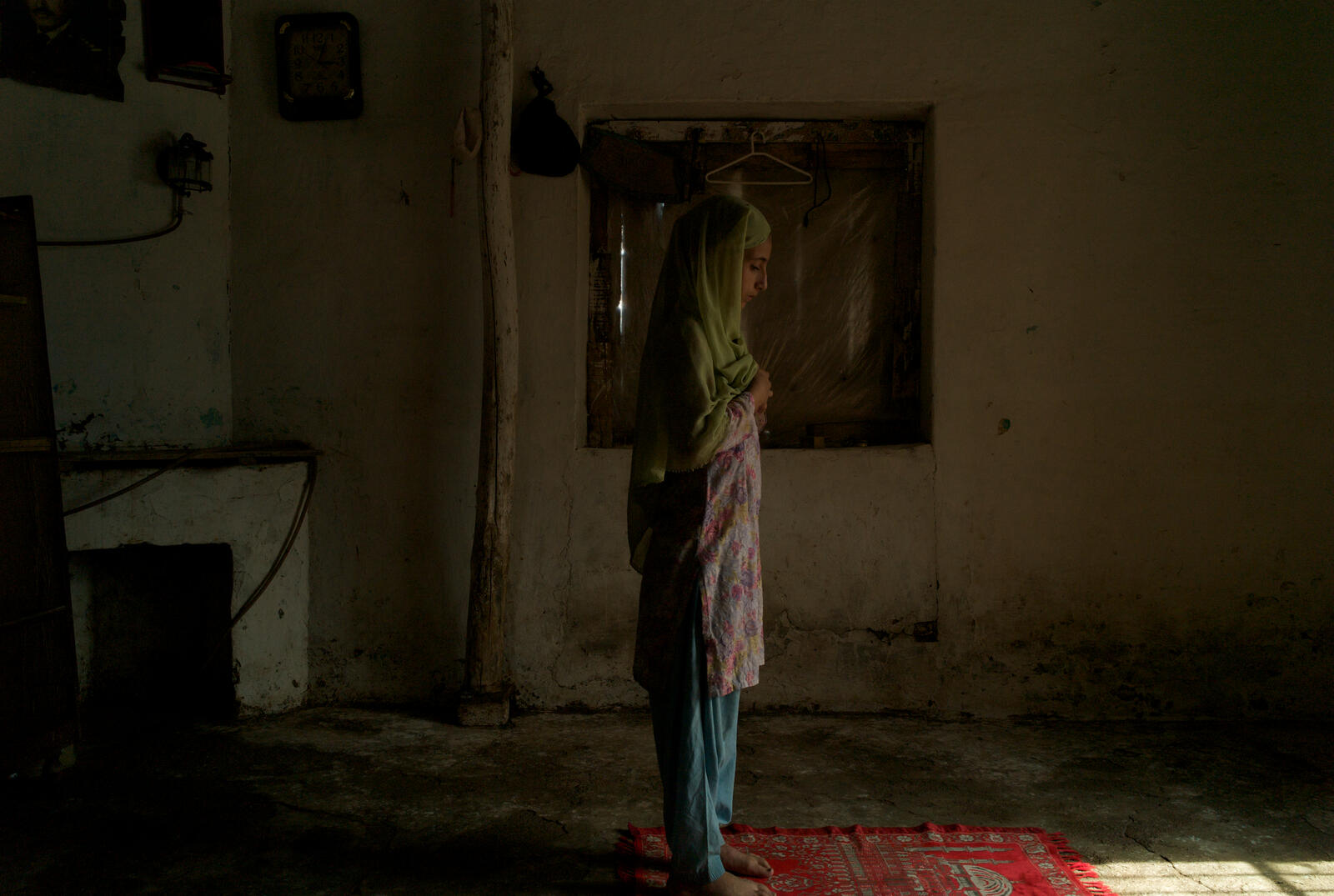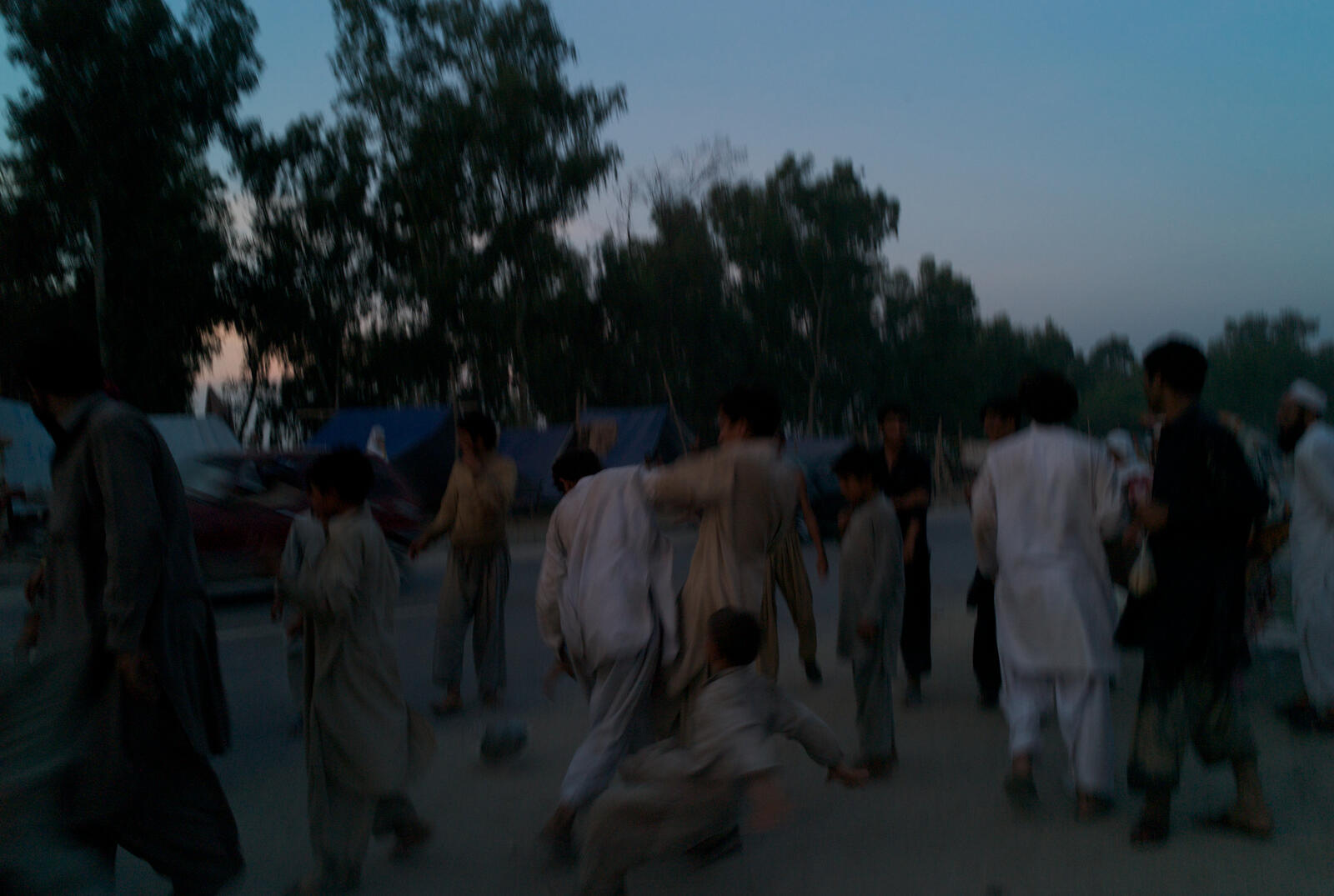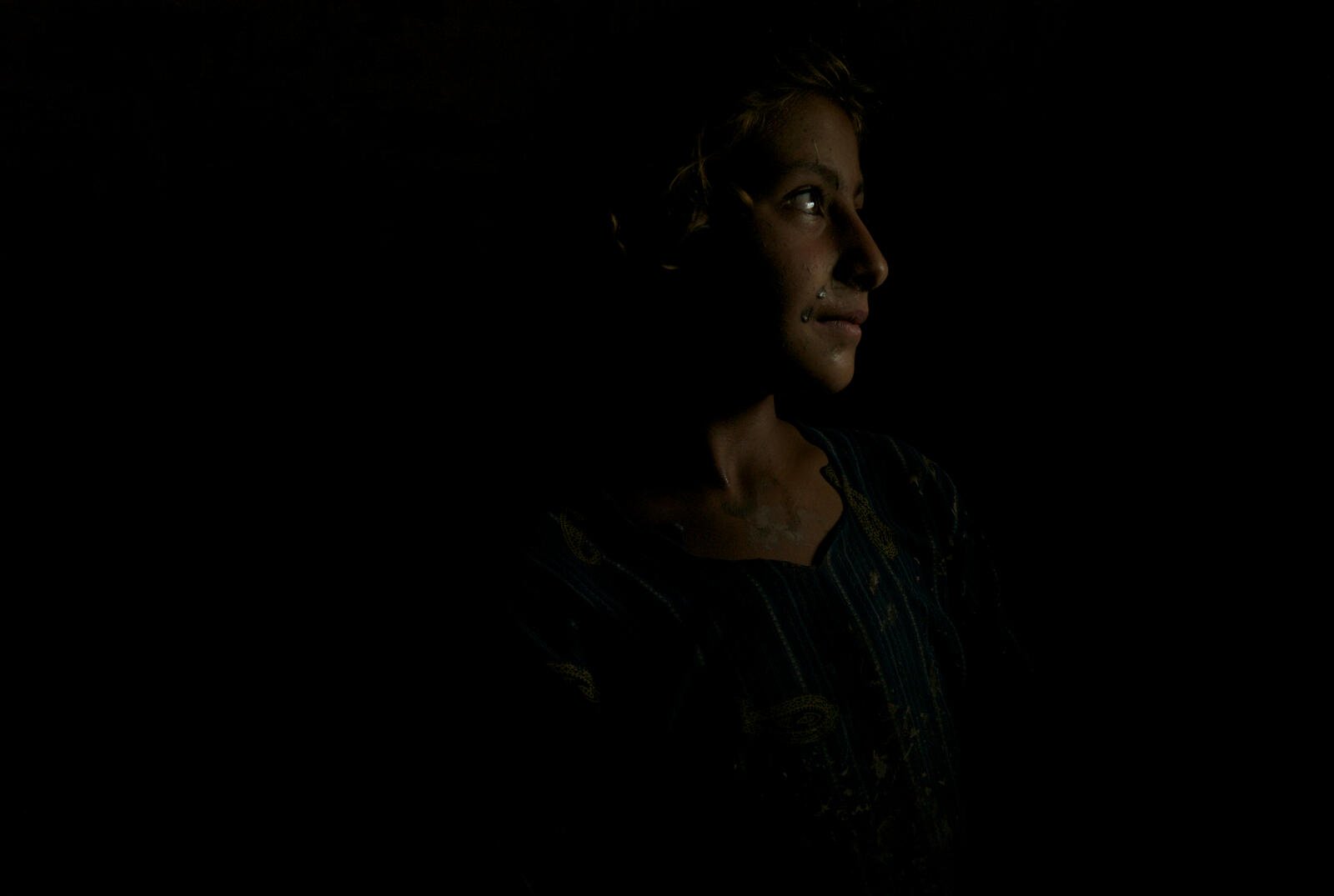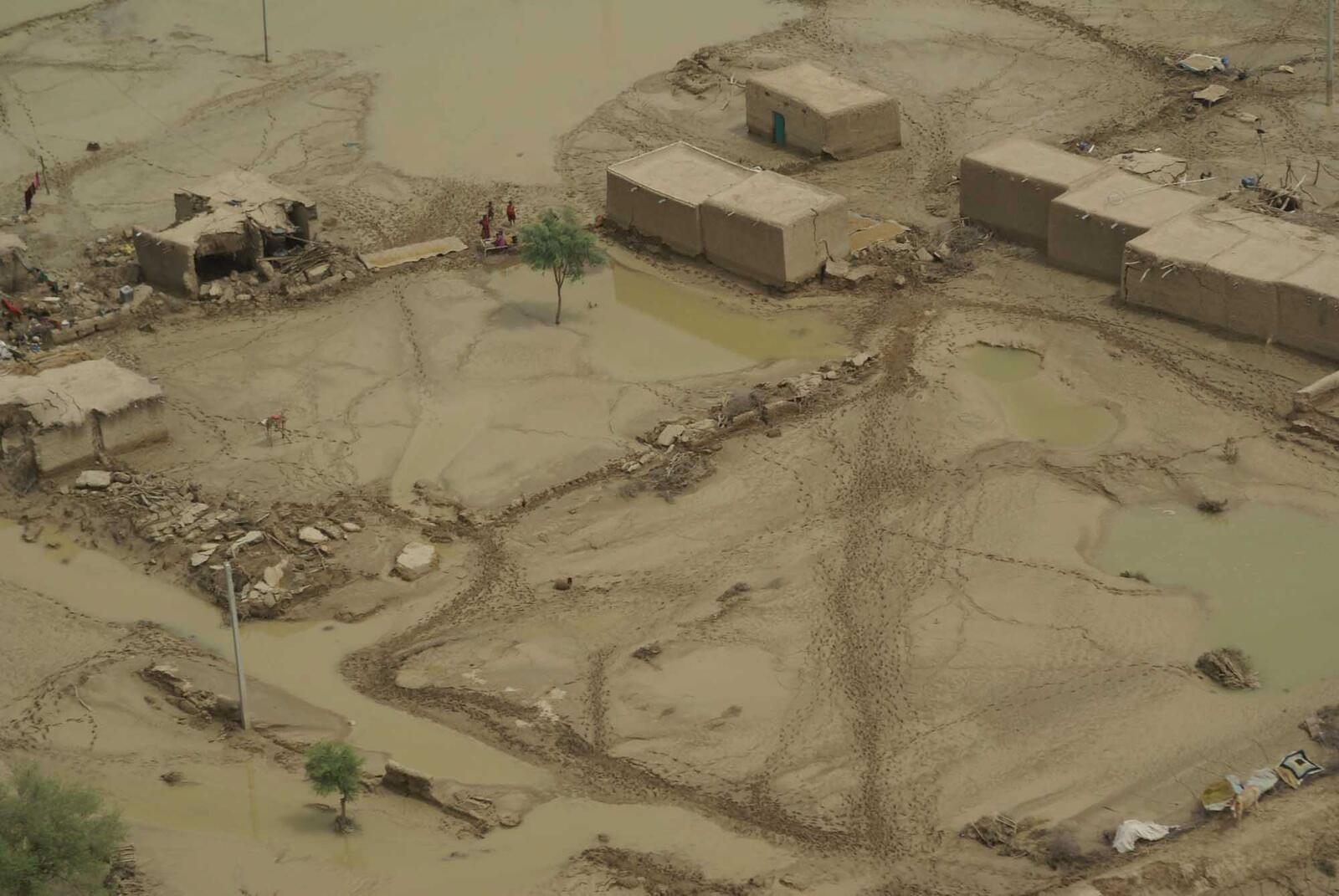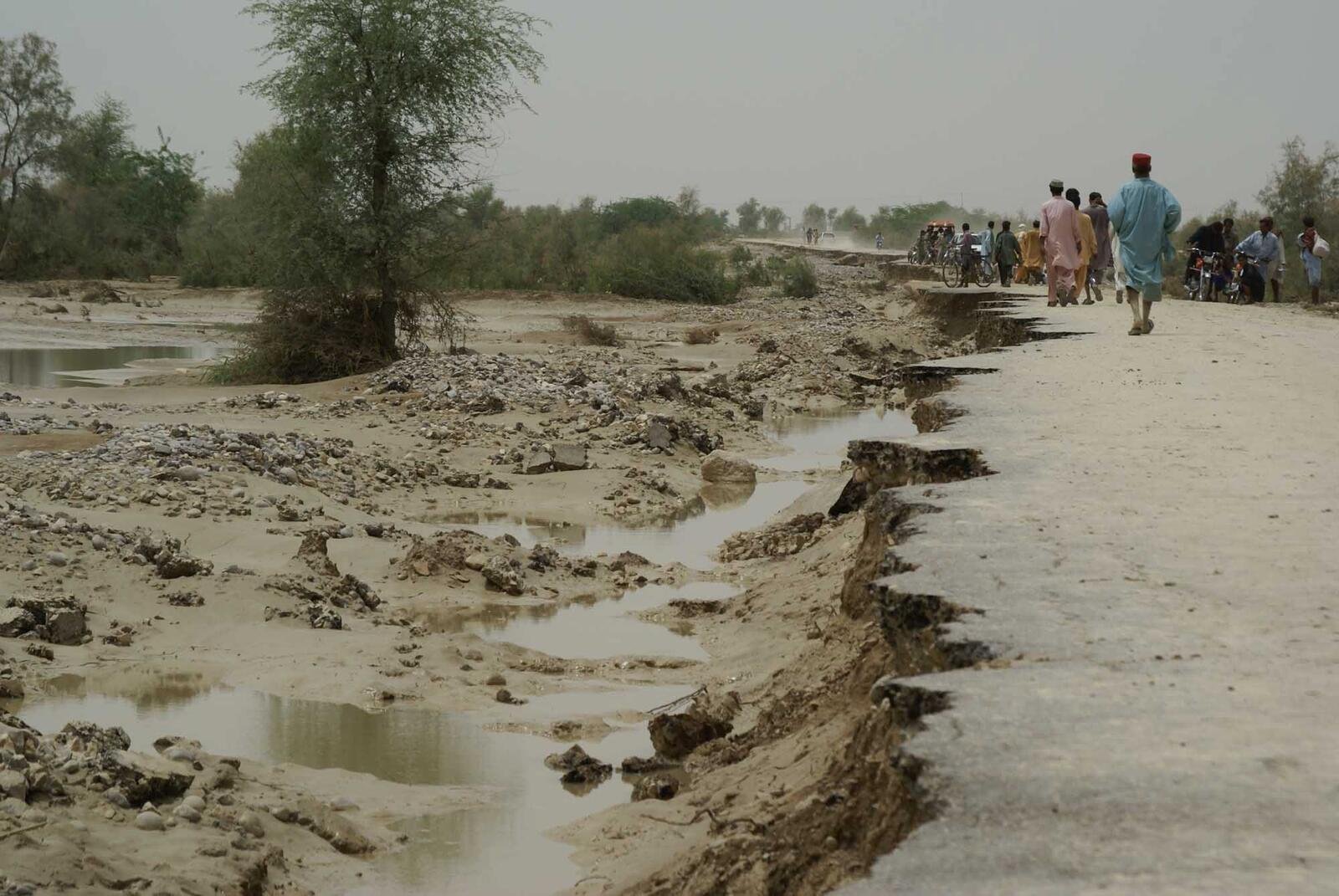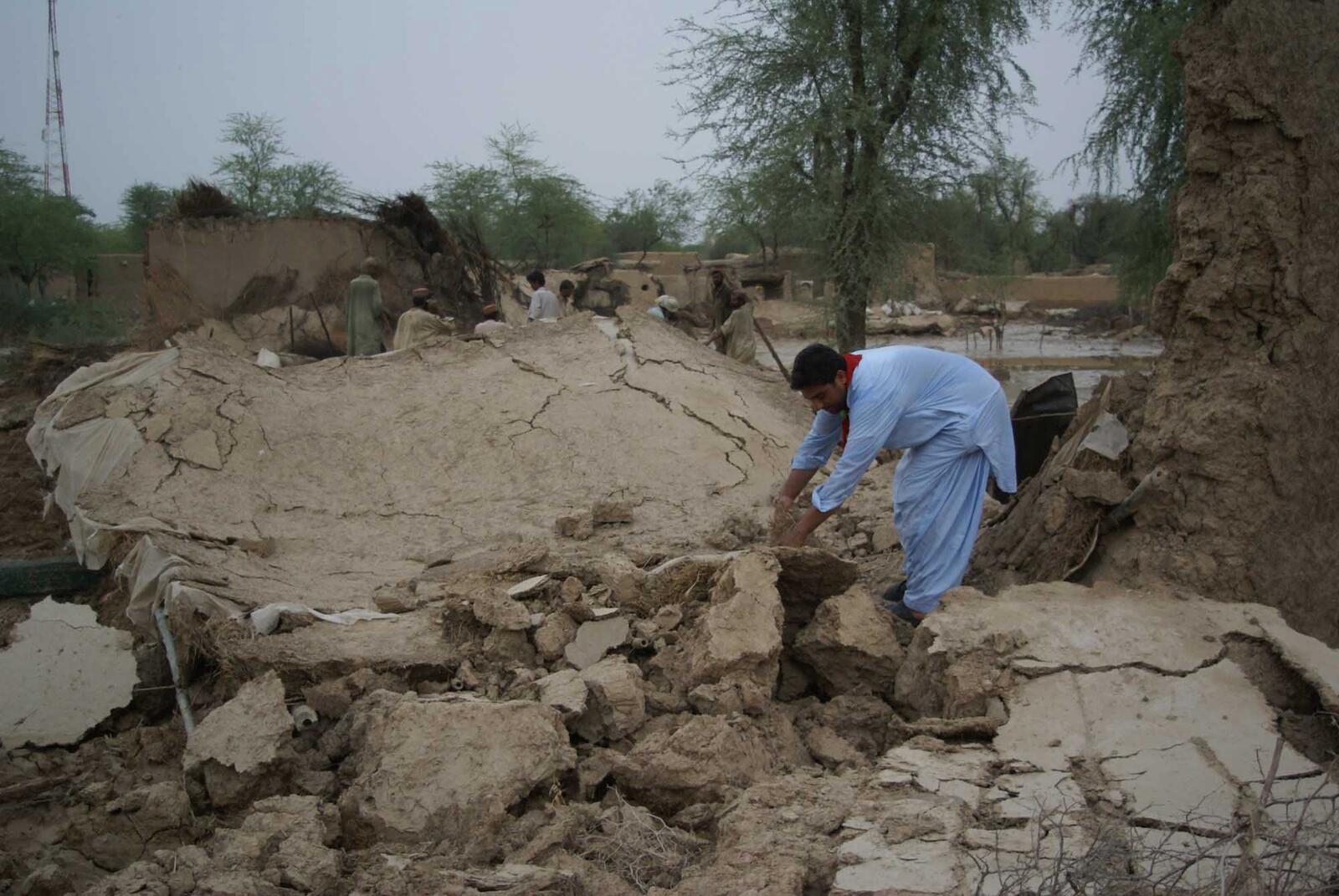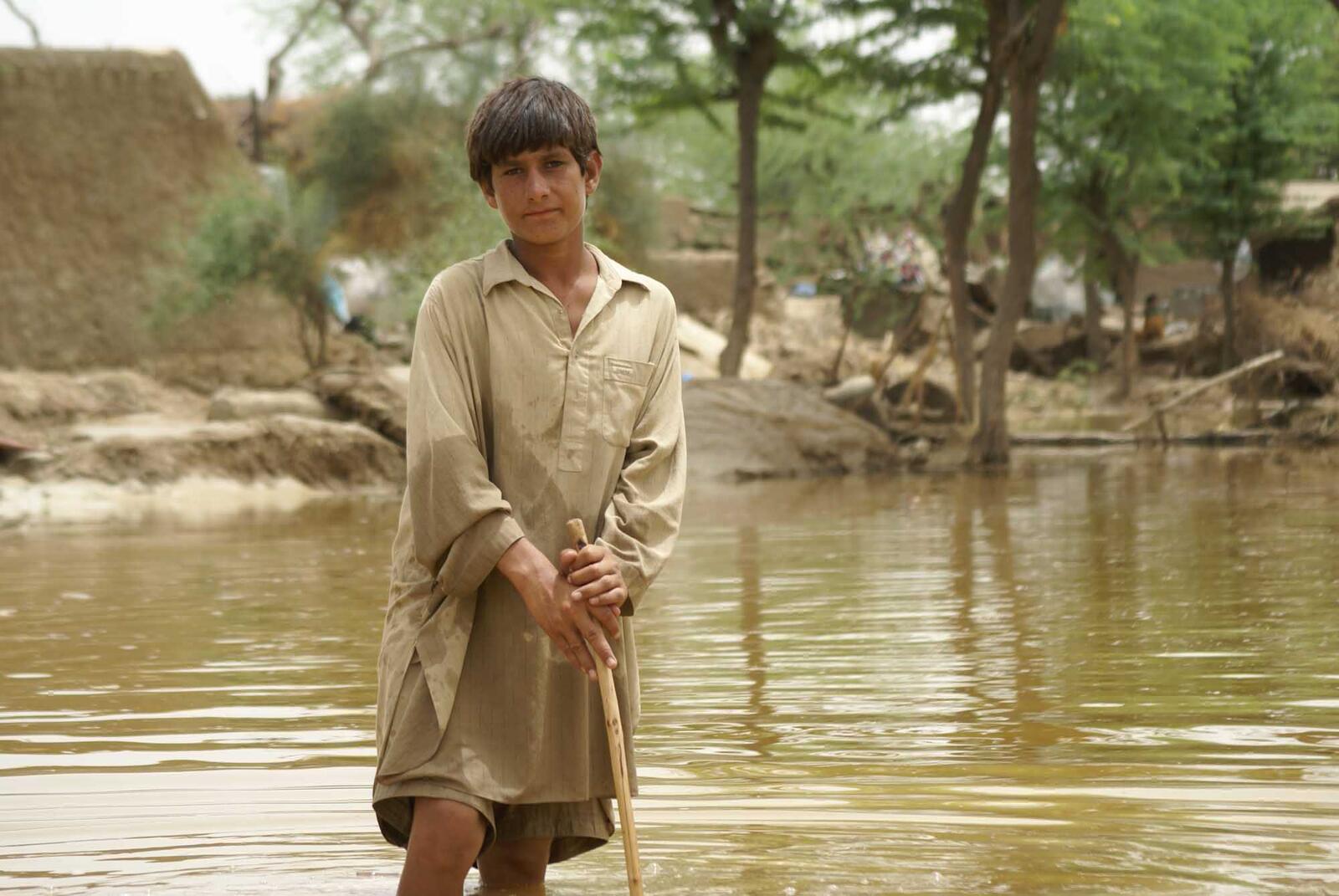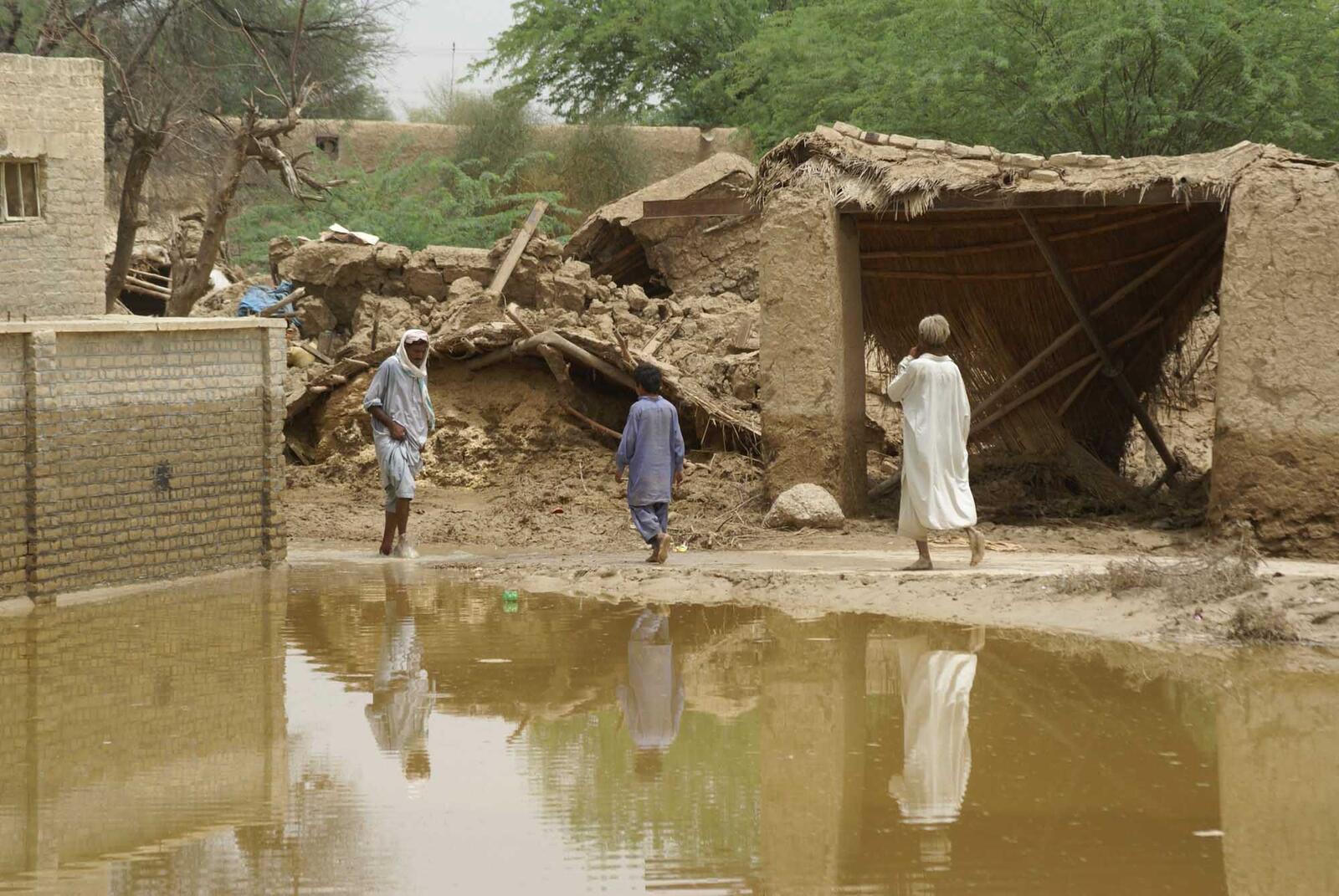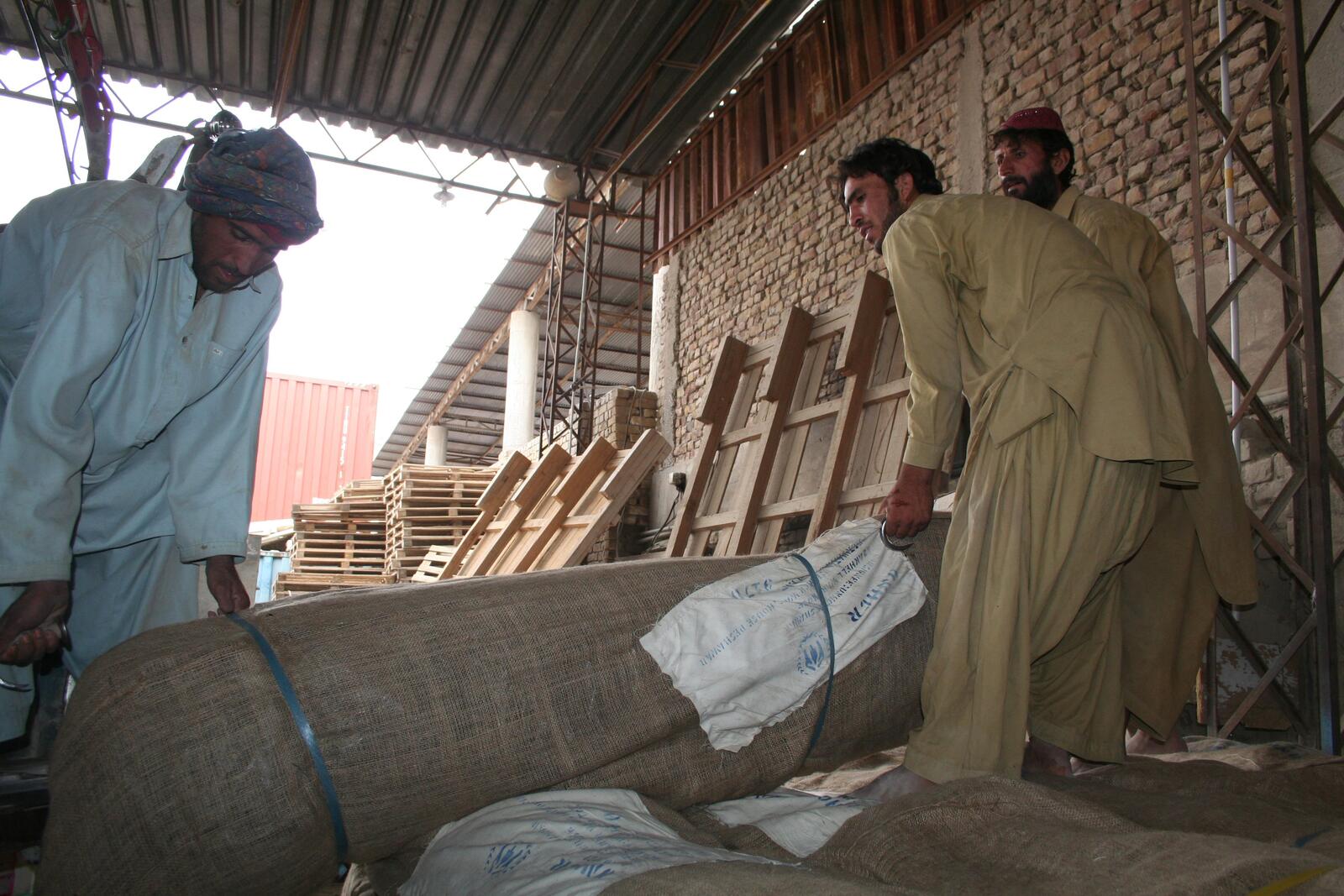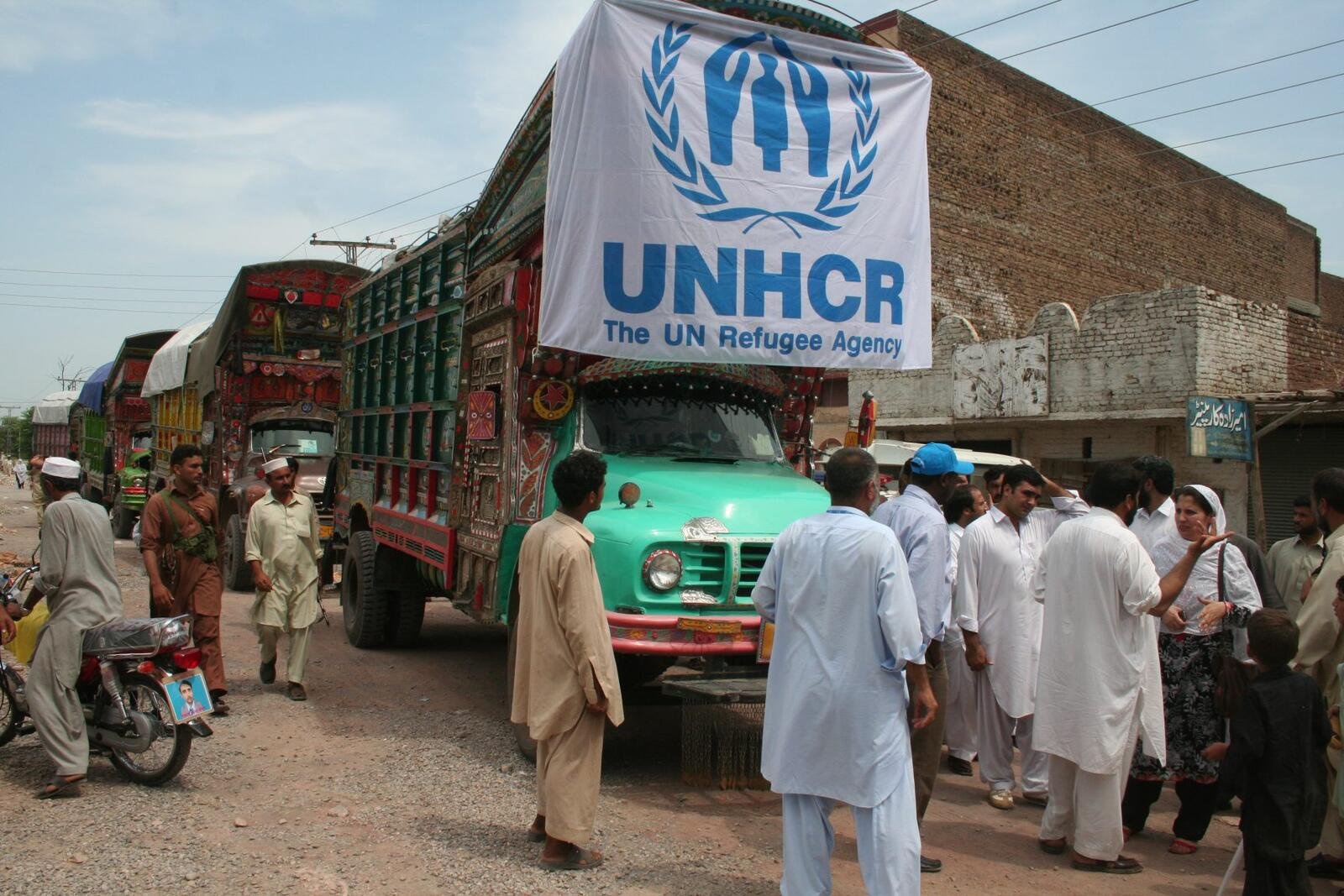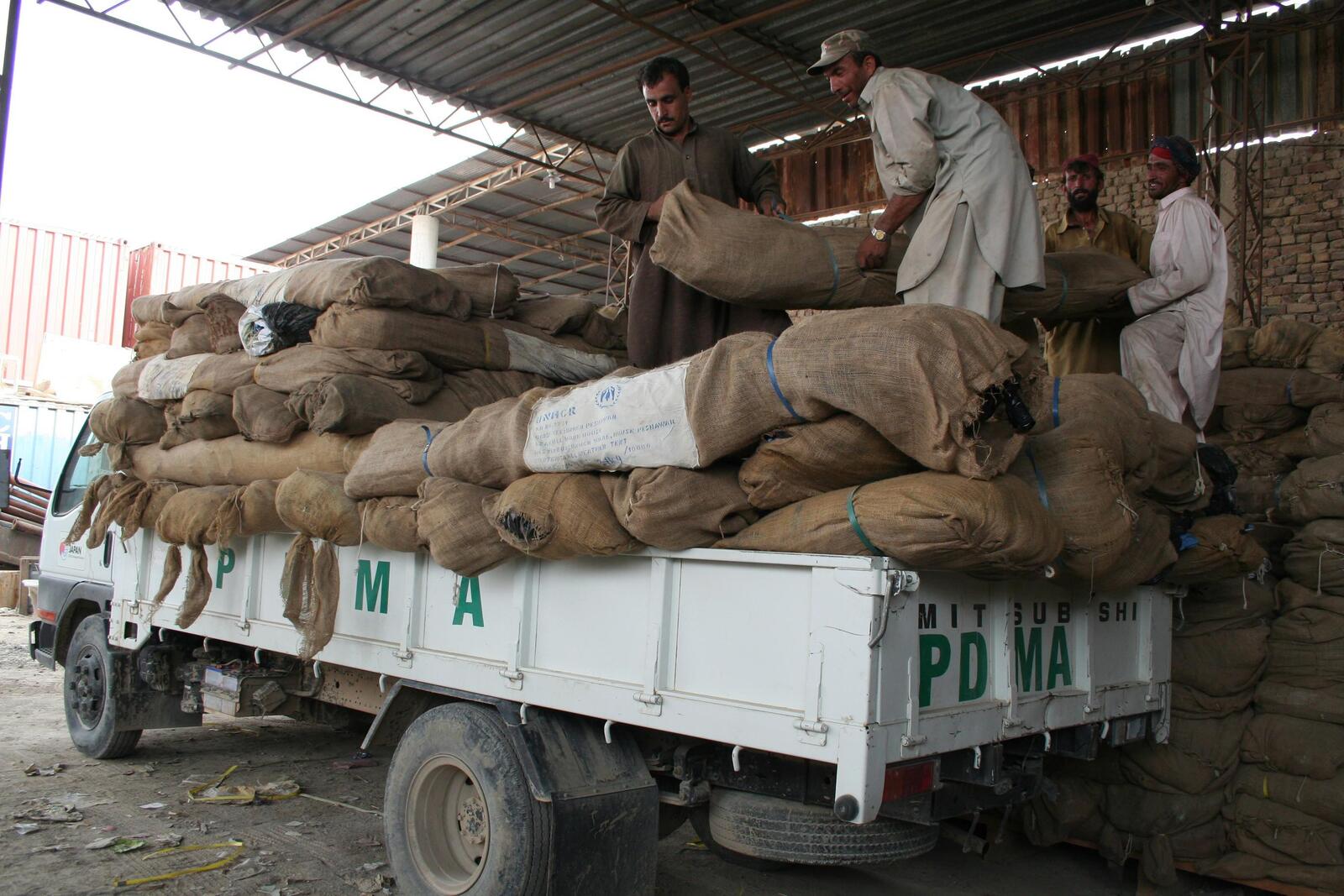Pakistan: "Ramadan's spirit is sharing"
Pakistan: "Ramadan's spirit is sharing"

Sheraz and his family sit on a road side hoping to receive food aid so that they can start preparations for Ramadan.
TAROO JABBA, Pakistan. August 11 (UNHCR) - On the eve of the holy month of Ramadan, Nazia and her husband Sheraz, a cook by profession, are desperately trying to find a way to prepare for the month ahead. They lost their home and Sheraz's restaurant in the devastating floods.
And now the family has no food with which to break the fast and celebrate the most important occasion of the year. Friends in their community in Khyber Pakthunkhawa province who once stepped in to help each other in time of need have dispersed as the flood waters destroyed not just their community but their way of life.
"We were not rich," says Sheraz, resting beside Nazia under the shade of a tree on the road side in Taroo Jabba, a small town near Peshawar. "But we had our own home - a mud house."
"I had never imagined that one day we would be on road."
"Ramadan's spirit is sharing," his wife sadly explains. "Our neighbors would exchange food even if we had made the simplest meal for breaking the fast. But now they have all dispersed. They are living in tents or with relatives in distant areas."
Nazia remains tramautized by the loss of her home: "I woke up at midnight because people were shouting," she told me. "I grabbed my children and left the house. It was very hard to keep walking in rising water which had reached my chest. The water was so powerful that I felt that someone was pushing me really hard. I could not keep my balance and fell along with my child." Thankfully, her husband rescued them and guided them to higher ground.
Across Pakistan, millions of flood survivors are confronting the holy month with similar concerns. Muslims abjure food and drink during the day during Ramadan but traditionally break the fast with a meal of fried foods and sweets when the sun sets. In addition to the ritual significance of the meal, not having enough food can be hard on the health of those who are already stressed by having no shelter and no home, health workers say. Ramadan is due to begin Thursday in Pakistan.
But not everyone is being forced to go without. Abdul Karim, 35, for example, is more fortunate. The father of four children who has been living in a camp for the displaced that was damaged but not destroyed by the floods, picked up a specially prepared package today. The Ramadan food package contains tea, rice, sugar, salt, dates, spice, juice and milk powder, flour for bread and a basin for pakora. It is among some 20,000 distributed by UNHCR and funded by the government of Saudi Arabia that are being handed out in three camps - Jalozai, Togh Sarai, and Benazir Complex camp in Khyber Pakhtunkwa Province.
Karim is feeling so good that he even told me that he dreams of returning home and celebrating Eid, the feast that marks the end of Ramadan, in his home village. "I am praying that this might be our last Ramadan in this camp."
So far, UNHCR has provided more than 41,000 plastic tarpaulins, 14,500 family tents, 70,000 blankets, 40,000 sleeping mats, 14,800 kitchen sets, 26,600 jerry cans, 18,600 plastic buckets, 17,700 mosquito nets and 13.3 tons of soap amongst the flood affected people of Pakistan. In the first delivery to Sindh province , the Provincial Disaster Management Authority airlifted 1,000 UNHCR tents to Sukkar.
By Rabia Ali in Taroo Jabba, Pakistan


